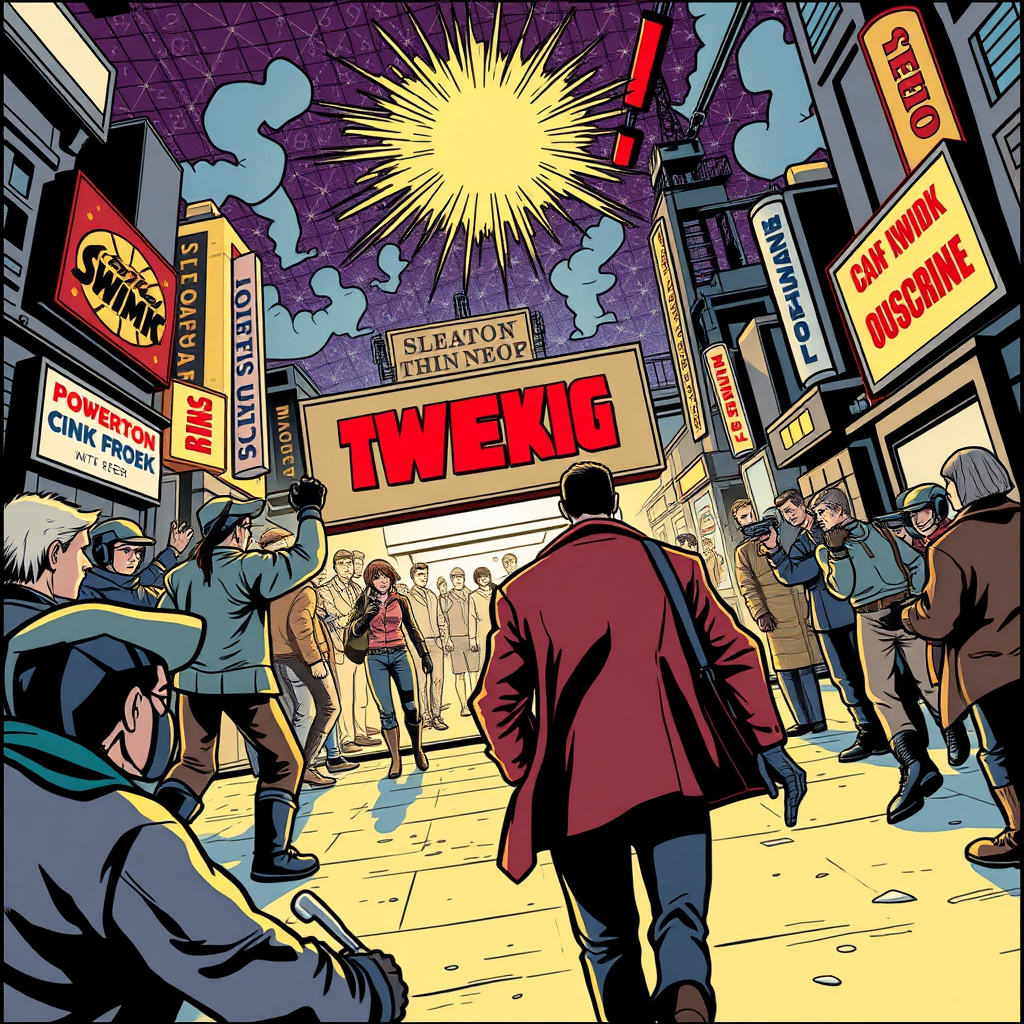The Truth About Movie Budgets
Why Bigger Isn’t Always Better and How Small Films Can Shine
Hollywood blockbusters often boast enormous budgets, promising spectacular visuals, high-profile actors, and cutting-edge technology. Yet, financial investment alone doesn’t guarantee a high-quality movie. Some big-budget productions fall flat despite their resources, while low-budget indie films surprise audiences with innovative storytelling and emotional depth. What makes a movie truly great, and why does money not always translate to quality?

Why Big Budget Films Don’t Always Succeed
Over-Reliance on Spectacle Over Story
Expensive movies often prioritize visual effects, star power, or elaborate sets instead of strong storytelling. While stunning CGI and action sequences grab attention, they can’t compensate for weak narratives or shallow characters.
Creative Constraints and Studio Influence
Large budgets come with greater studio involvement, meaning directors and writers may have less creative freedom. Financial backers may push for commercially safe choices rather than innovative storytelling, making some blockbusters feel formulaic.
How Low-Budget Films Find Success
Innovation and Risk-Taking
Smaller productions don’t have money for extravagant effects, so they rely on creativity, strong writing, and unique filmmaking techniques. This often leads to fresh, memorable stories that resonate with audiences.
The Power of Authenticity
Without the pressure to cater to mass audiences, indie films often feel more personal and character-driven. Their focus on deep storytelling and emotional weight can create lasting impact.

Examples of Big-Budget Failures and Low-Budget Success Stories
Why Some Expensive Films Fail Critically and Financially
Major studio films sometimes struggle to earn back their budgets if they don’t connect with audiences. Overproduction, weak scripts, and excessive marketing hype can lead to disappointing box office results.
Cult Classics and Low-Budget Breakouts
Many legendary films started with modest budgets but became cultural phenomena. Movies like The Blair Witch Project and Paranormal Activity thrived because of strong execution rather than financial resources.
The Role of Marketing in Movie Success
How Hype Can Overshadow Story Quality
Big-budget films often rely heavily on marketing campaigns to create excitement before release. However, excessive promotion can set unrealistic expectations, leading to audience disappointment if the movie doesn’t deliver.
Why Word-of-Mouth Is More Powerful Than Advertising
Some low-budget films gain recognition through audience word-of-mouth rather than massive marketing budgets. When a film resonates emotionally, viewers naturally spread positive recommendations, building its success organically.
The Importance of Strong Direction and Writing
Why Filmmaking Talent Matters More Than Budget
A visionary director and well-crafted script can make even a modestly funded film feel impactful. Creative choices, strong character development, and storytelling techniques determine a movie’s emotional weight more than financial backing.
How Low-Budget Films Can Use Limitations to Their Advantage
Restrictions often push filmmakers to be resourceful. Some of the most compelling stories emerge when directors work within tight budgets, focusing on character-driven plots instead of expensive visual spectacles.
The Emotional Connection Between Movies and Viewers
Why Audience Engagement Is More Important Than Production Value
A movie’s ability to create emotional connections determines its success far more than special effects. Films that resonate with viewers through relatable characters and compelling narratives leave lasting impressions.
How Simple Stories Can Have Profound Impact
Not all great films need elaborate settings or grand-scale action. Some of the most touching and memorable movies focus on intimate human experiences rather than large-scale productions.
How Genre Influences Budget vs. Quality Expectations
Why Action and Sci-Fi Films Often Need Bigger Budgets
Certain genres, like action and science fiction, rely heavily on special effects, requiring substantial financial investment. However, budget alone doesn’t ensure quality—plot, pacing, and performances remain essential.
How Horror and Drama Succeed on Minimal Budgets
Genres like horror and drama frequently thrive with smaller budgets, as they rely on atmosphere, storytelling, and strong performances rather than costly visuals. Some of the most chilling horror films succeed through psychological tension rather than extravagant effects.

The Influence of Studio Control vs. Independent Filmmaking
How Studio-Made Movies Face Creative Limitations
Blockbusters produced by major studios often follow strict formulas to maximize profitability. While this ensures commercial success, it can limit storytelling creativity, resulting in predictable narratives.
Why Independent Films Often Feel More Original
Without the constraints of large studios, independent filmmakers have the freedom to take risks. Many critically acclaimed films come from smaller studios that prioritize artistry over mass appeal.
The Budget vs. Awards Debate & Can Money Buy Recognition?
Why Some High-Budget Films Struggle at Award Ceremonies
While big-budget movies attract attention, they don’t always win critical acclaim. Awards ceremonies often favor originality and storytelling depth over production value, making room for low-budget gems.
How Small Films Can Dominate Awards Season
Indie films frequently outperform big-budget productions at film festivals and prestigious awards due to their storytelling finesse and artistic merit. A well-crafted narrative can outweigh expensive visuals.
The Rise of Streaming and Its Effect on Movie Budgets
How Streaming Platforms Are Changing the Game for Low-Budget Films
Streaming services like Netflix and Amazon Prime offer indie filmmakers new opportunities to reach audiences without massive distribution budgets. This shift allows smaller productions to gain recognition in ways previously unavailable.
Why Blockbuster Films Still Dominate Theaters Despite Mixed Reviews
Big-budget films continue to thrive in cinemas due to their spectacle-driven appeal. While not all succeed critically, they often perform well financially because they offer visual entertainment designed for large-screen viewing.
The Future of Filmmaking & Will Budget Ever Stop Defining Success?
How Audiences Are Shifting Toward Story-Driven Content
With increased accessibility to diverse films, audiences are becoming more selective, valuing storytelling over flashy production. This shift may encourage studios to prioritize quality narratives over inflated budgets.
Why Filmmakers Must Balance Creativity with Commercial Appeal
While budget remains a factor in movie production, filmmakers who prioritize originality alongside financial responsibility can create masterpieces that endure beyond box office numbers.
Conclusion
A film’s budget doesn’t determine its success—storytelling, direction, and emotional connection matter more than financial investment. While big budgets allow for visual spectacle, low-budget films prove that creativity and authenticity can lead to cinematic brilliance. Whether grand or modest, what makes a movie truly great is the experience it delivers to its audience.
Join the Conversation
What’s your favorite low-budget movie that outshines big-budget films?





Leave a Reply